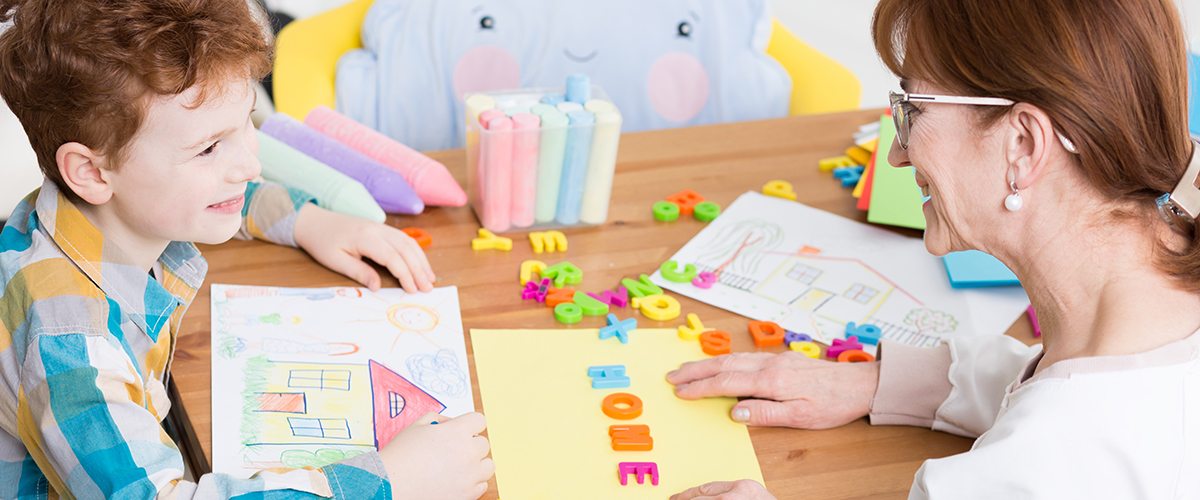Drawing is one of the most basic activities that humans do. It's one of the first ways we learn about our world and express ourselves, yet it remains largely underutilized as a therapeutic tool in speech therapy. While there are countless reasons to include drawing in your Speech Therapy Adelaide sessions with children, here are five of the most compelling ones:
Drawing can help speech therapists elicit language and vocabulary
Drawing can help speech therapists elicit language and vocabulary. Drawing can be a great way for your child to communicate what they want, need, and feel. They can use pictures instead of words or even in addition to words!

It teaches fine motor skills to children with developmental delays
Fine motor skills are the small movements of the hands and fingers and a big part of Speech Therapy Adelaide. Fine motor skills are used in everyday tasks like writing, eating, and dressing. They can be hard to develop if not developed early in life.
Drawing helps develop fine motor skills because it requires kids to use a pencil or crayon with their fingers to draw pictures on paper. This is a great way for children with developmental delays or disabilities to work on their fine motor skills as well as visual perception, which is also an important part of speech therapy!
Drawing also helps children learn how things look from different angles and perspectives by allowing them to rotate objects on paper while they are drawing them (this can help improve visual-spatial organization).
This type of activity encourages creativity while improving the child’s ability to think outside of their normal routine--both important aspects when working with children who may have trouble following directions or staying focused throughout an activity like this one!
The act of drawing stimulates your brain
The act of drawing stimulates your brain.
When you draw, you're using a part of your brain called the parietal lobe. This area is responsible for spatial awareness, body movement and visual perception.
Drawing stimulates creativity in the left hemisphere of your brain—the side that controls logic, language and reasoning.
The right side is responsible for imagination, nonverbal communication and emotion. When these two sides work together they can help you make connections between ideas or solve problems more easily.
Conclusion
There are many benefits to drawing in speech therapy, but most importantly, it can help children with developmental delays learn new vocabulary. The act of drawing stimulates the brain and helps children develop fine motor skills.
It is also a great way to elicit language from a child who might otherwise be reluctant to talk or express their emotions through words alone. If you have a child with developmental delays, it is important to work on their communication skills.
Drawing is an excellent way to do this, and it can help them learn new vocabulary words as well. It’s also beneficial for children who might be struggling with social anxiety or are reluctant to express themselves verbally.

Comments
Post a Comment